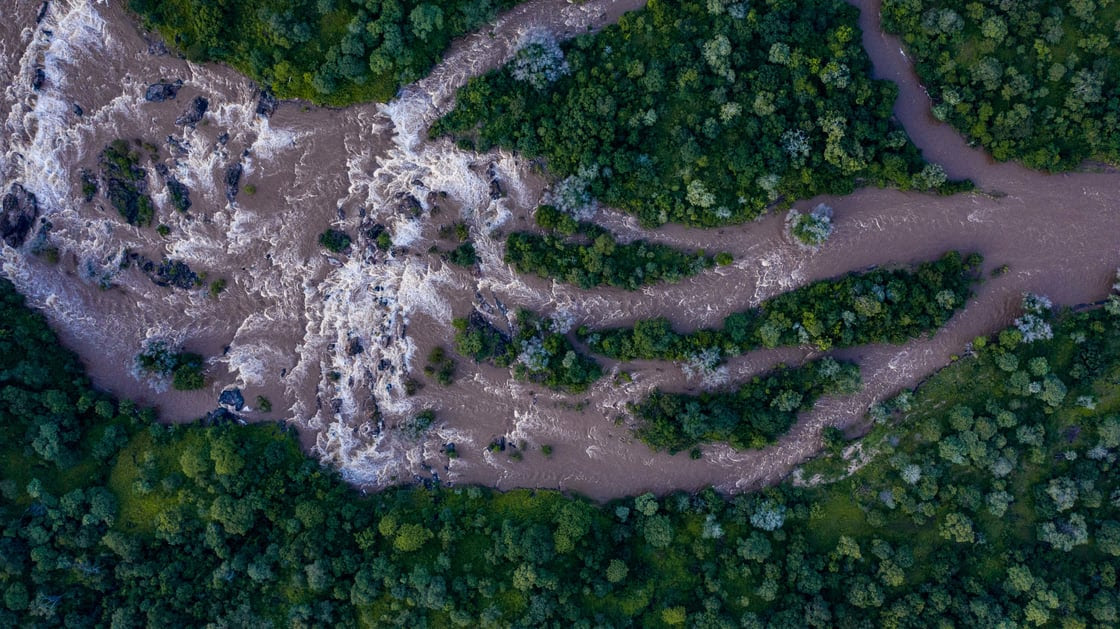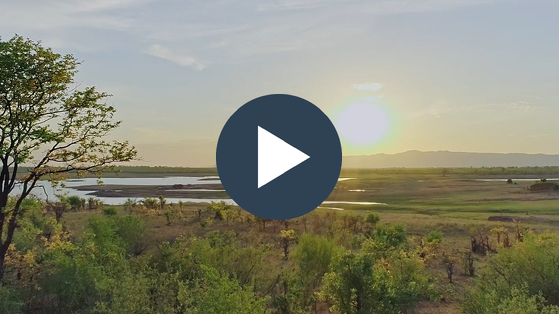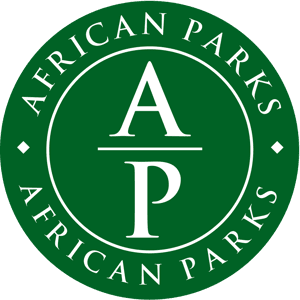(Posted 15th December 2022)
 |
|
Nkhotakota Wildlife Reserve © Naude Heunis |
|
Dear ATCNews readers and friends,
Today, the global community is desperately seeking ways to lessen the scale and impact of climate change. World leaders are locked in discussions as they attempt to find solutions that will save humanity and the planet. At African Parks, we are focused on what we can do to protect the planet right now.
Nature is the planet’s in-built mechanism for regulating climate and mitigating the impact of extreme climatic events. But for nature to do its job, biodiversity, which consists of all species interacting with each other and their environment, must be intact and fully functional. And biodiversity is in critical danger.
Communities across Africa feel the effects of climate change most directly. Africa has the world’s lowest per capita greenhouse gas emissions, but is one of the hardest hit continents in terms of climate change impacts. In order to protect Africa’s vulnerable environments, and stabilise the planet as a whole, it is essential to protect nature to prevent it from being destroyed, rather than trying to recover it once it is lost.
African Parks is uniquely positioned to take direct action to help save the planet. Through our work protecting ecosystems across the continent, we help harbor significant biodiversity, sequester carbon, deliver clean air and water, and provide food security for people. We are happy to share some of our work with you via this video:
|
|
By donating to African Parks, you are helping to proactively strengthen the planet in the fight against climate change. We are grateful for your continued support.
Sincerely,
Your friends at African Parks
|
|
© |
African Parks is a non-profit conservation organisation that takes on the complete responsibility for the rehabilitation and long-term management of national parks in partnership with governments and local communities. We currently manage 22 national parks and protected areas in 12 countries covering over 20 million hectares: Angola, Benin, Central African Republic, Chad, the Democratic Republic of Congo, Malawi, the Republic of Congo, Mozambique, Rwanda, South Sudan, Zambia and Zimbabwe. Visit www.africanparks.org to learn more. |








